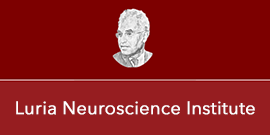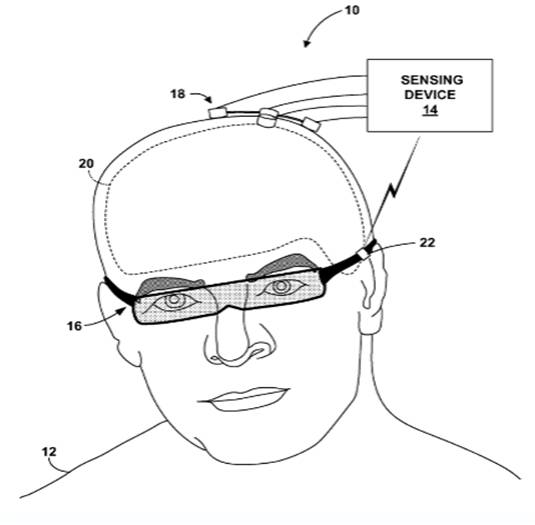Posts Tagged ‘disorders’
The Luria Neuroscience Institute announces new webinar series on Executive Functions, Dementia, TBI, Creativity and more
Happy to share that the Luria Neuroscience Institute, an esteemed Partner of the 2017 SharpBrains Virtual Summit, is hosting a new webinar series aimed at better equipping professionals helping those with mental health and with brain and brain disorders. Dates and topics:
Read MoreMental health meets the digital revolution: Mindstrong Health raises $14 million to modernize the diagnosis and treatment of neuropsychiatric disorders via artificial intelligence (AI) and smartphones
— Mindstrong Health Raises $14 Million in Series‑A Funding (press release): “Mindstrong Health, a startup transforming the diagnosis and treatment of neuropsychiatric disorders through the power of AI and ubiquitous mobile technology, today announced that it has secured a $14 million round of Series‑A funding. Led by Foresite Capital and ARCH Venture Partners, the round…
Read MoreAugmenting physiotherapy via neurofeedback and neurostimulation: Key neurotechnology patent #43
Today we are sharing a fascinating patent from Medtronic. (As mentioned, we are featuring 50 foundational Pervasive Neurotech patents, from older to newer by issue date) U.S. Patent No. 8,121,694: Therapy control based on a patient movement state Assignee(s): Medtronic, Inc. Inventor(s): Gregory F. Molnar, Steven S. Gill, Keith A, Miesel, Mark S. Lent, Timothy J. Denison, Eric J.…
Read MoreStudy debunks 4 common myths about brain training and lifelong cognitive enhancement
— If the media is your main source of information about brain training and cognitive enhancement, you will probably believe the following: 1) All brain training is the same… 2) …and it simply doesn’t work. 3) Commercial brain training programs, especially, don’t work. 4) How could they work? Genetics is destiny, aging is a predetermined process…so by age 60…
Read MoreNext: Technology to enable patient-centered, collaborative behavioral health and chronic care management
. Tech Is Driving Collaboration In Behavioral Health (TechCrunch): “Collaboration amongst providers is critical in all aspects of medicine, but nowhere is this more true than in behavioral health (mental health and substance use disorders), where the costs of poor collaboration are sky-high…There is a mountain of evidence to suggest that
Read MoreTechnology as the missing link to enable a brain-based model of brain care: interview with Dr. John Docherty
Dr. John Docherty is an Adjunct Professor of Psychiatry at the Weill Medical College, Cornell University, Director of Post Graduate Education there, and Chief Medical Officer of Brain Resource. Trained as a clinical research fellow in neuropsychopharmacology at NIMH, he later returned as Chief of the Psychosocial Treatments Research Branch, responsible for all federally supported…
Read More




